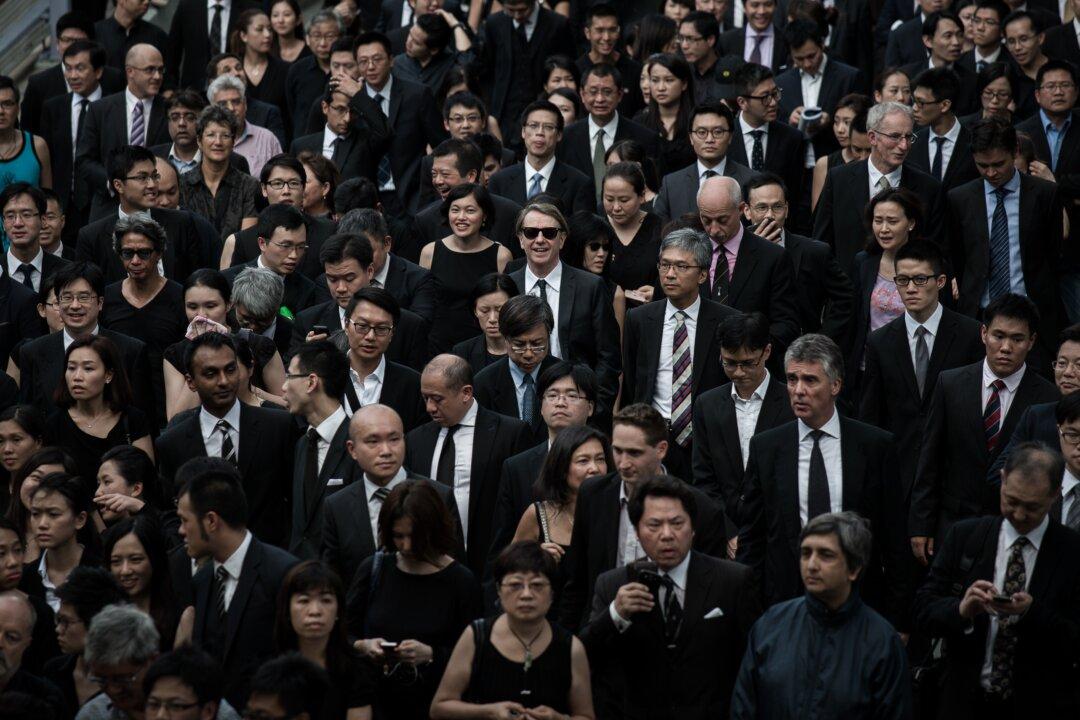Hong Kong’s professionals barely, if ever, let their thoughts stray to politics. This year though, the switch was flipped.
Over the past several weeks, doctors, lawyers, and financiers have started forming pro-democracy groups, seemingly spontaneously.
More than a dozen young doctors founded Médecins Inspirés late last December.
"Before the Occupy movement, Hong Kong professionals rarely got openly involved in pro-democracy activism."
, veteran Hong Kong journalist




